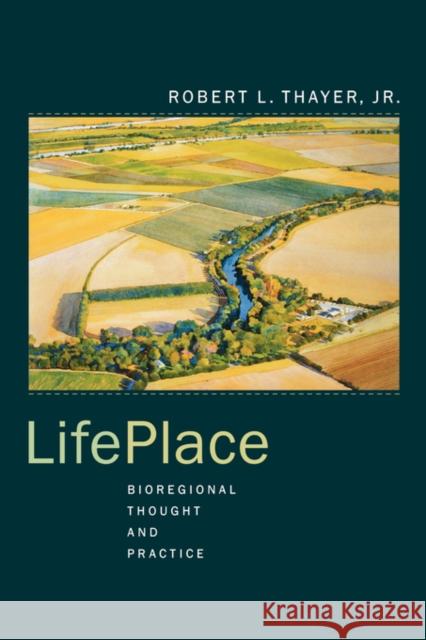Lifeplace: Bioregional Thought and Practice » książka
Lifeplace: Bioregional Thought and Practice
ISBN-13: 9780520236288 / Angielski / Miękka / 2003 / 317 str.
Robert Thayer brings the concepts and promises of the growing bioregional movement to a wide audience in a book that passionately urges us to discover "where we are" as an antidote to our rootless, stressful modern lives. LifePlace is a provocative meditation on bioregionalism and what it means to live, work, eat, and play in relation to naturally, rather than politically, defined areas. In it, Thayer gives a richly textured portrait of his own home, the Putah-Cache watershed in California's Sacramento Valley, demonstrating how bioregionalism can be practiced in everyday life. Written in a lively anecdotal style and expressing a profound love of place, this book is a guide to the personal rewards and the social benefits of reinhabiting the natural world on a local scale.
In LifePlace, Thayer shares what he has learned over the course of thirty years about the Sacramento Valley's geography, minerals, flora, and fauna; its relation to fire, agriculture, and water; and its indigenous peoples, farmers, and artists. He shows how the spirit of bioregionalism springs from learning the history of a place, from participating in its local economy, from living in housing designed in the context of the region. He asks: How can we instill a love of place and knowledge of the local into our education system? How can the economy become more responsive to the ecology of region? This valuable book is also a window onto current writing on bioregionalism, introducing the ideas of its most notable proponents in accessible and highly engaging prose.
At the same time that it gives an entirely new appreciation of California's Central Valley, LifePlace shows how we can move toward a new way of being, thinking, and acting in the world that can lead to a sustainable, harmonious, and more satisfying future.











